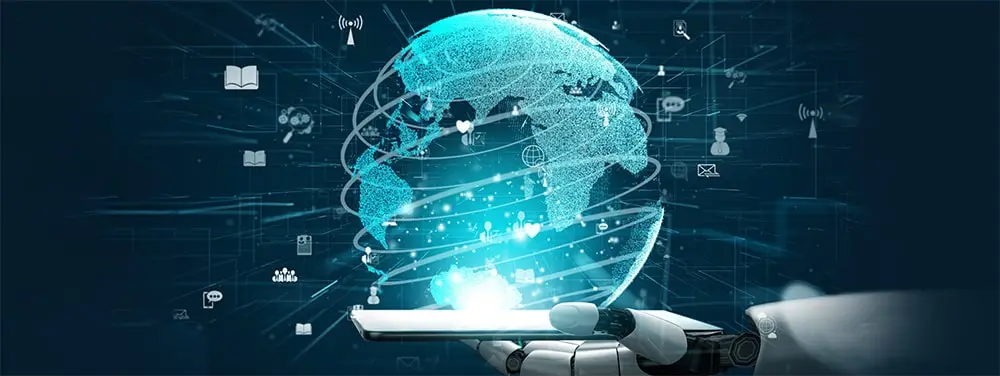Testing for the Future: Keeping Pace with Evolving Technologies
 Sanjeet Singh
Sanjeet SinghThe technological landscape is in a constant sprint, with new innovations emerging seemingly overnight. This rapid change presents both exciting possibilities and significant challenges, particularly for the world of software testing. Traditional testing methods, once sufficient, now struggle to keep pace with the ever-increasing complexity and dynamism of modern technologies.

The Evolving Testing Landscape
Here are some key trends that are reshaping the software testing landscape-
Rise of Agile Development: Agile methodologies prioritise rapid iteration and continuous delivery. This demands faster and more focused testing approaches that integrate seamlessly into the development lifecycle.
Cloud-Based Applications: Cloud computing has become the norm, introducing new testing considerations like scalability, security, and performance in distributed environments.
Internet of Things (IoT): The proliferation of interconnected devices presents unique testing challenges related to device compatibility, network communication, and data security.
Artificial Intelligence (AI) and Machine Learning (ML): These technologies require specialised testing methods to ensure their accuracy, fairness, and robustness.
Challenges for Testers
These trends present several challenges for testers-
Skills Gap: Traditional testing skills may not be enough to address the complexities of new technologies. Testers need to continuously upgrade their skill set to encompass areas like automation, performance testing, and security testing.
Shifting Focus: The focus is shifting from purely functional testing to a more holistic approach that considers user experience, security, and performance.
Faster Testing Cycles: Agile methodologies demand faster testing cycles. Testers need to find ways to streamline their processes without compromising quality.
Evolving Tools and Technologies: The testing toolkit needs to evolve alongside the technologies being tested. Testers need to stay updated on the latest testing tools and frameworks.
Strategies for Adapting
Fortunately, there are strategies testers can adopt to overcome these challenges:
Embrace Automation: Automating repetitive tasks like regression testing frees up valuable time for testers to focus on more complex areas. Tools like Selenium and Cypress can be powerful allies.
Shift Left Testing: Integrate testing earlier in the development lifecycle. This allows for earlier identification and correction of bugs, leading to a smoother development process.
Explore New Testing Techniques: Techniques like exploratory testing and API testing can be valuable tools for uncovering unexpected issues in complex systems.
Continuous Learning: The key to success is continuous learning. Testers need to actively seek out new knowledge and training opportunities to stay current with the latest trends and technologies.
Collaboration: Fostering strong collaboration between testers, developers, and other stakeholders is crucial in an agile environment.
The Future of Testing
As technology continues to evolve, so too will the field of software testing. Here's a glimpse into what the future might hold:
The Rise of AI-powered Testing: AI can revolutionise testing by automating tasks, identifying patterns, and predicting potential defects. However, human testers will still be essential for providing context and judgement.
Focus on Security: As cyber threats become more sophisticated, security testing will become an even greater priority. Testers will need to develop expertise in secure coding practices and penetration testing techniques.
The Evolving Role of Testers: Testers will likely transition from purely execution-focused roles to a more strategic and consultative role, providing guidance throughout the development lifecycle.
Conclusion
The future of software testing is exciting and challenging. By embracing new technologies, developing new skills, and fostering a culture of continuous learning, testers can ensure that software quality remains high even in the face of rapid technological change. Remember, in this ever-evolving landscape, the ability to adapt and stay ahead of the curve is key to remaining a valuable asset in the world of software development.
For those who are interested in pursuing a career in software testing, there are many software testing course in Gurgaon, Mumbai, Faridabad and other parts of India available to help you get started.
Subscribe to my newsletter
Read articles from Sanjeet Singh directly inside your inbox. Subscribe to the newsletter, and don't miss out.
Written by

Sanjeet Singh
Sanjeet Singh
I am Sanjeet Singh, an IT professional with experience in the IT sector. I have a broad understanding of Data Analytics and proficiency across multiple layers of software development and testing, from the front end to the back end.